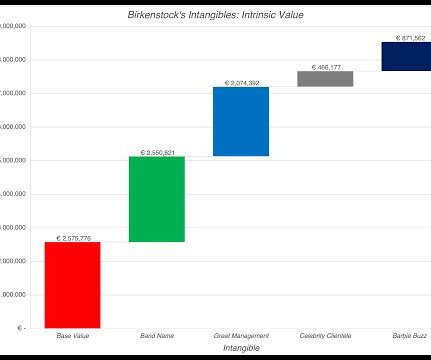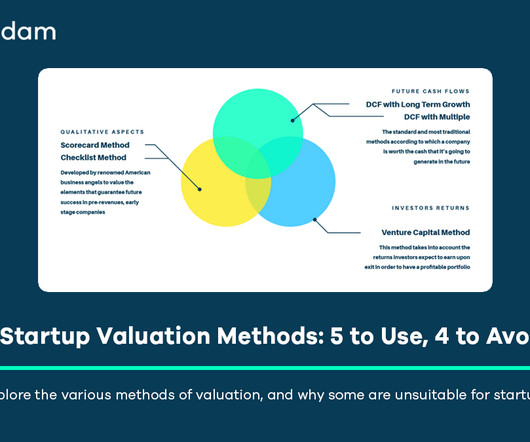Invisible, yet Invaluable: Valuing Intangibles in the Birkenstock IPO!
Musings on Markets
OCTOBER 6, 2023
The Value of Intangible Assets Accounting has historically done a poor job dealing with intangible assets, and as the economy has transitioned away from a manufacturing-dominated twentieth century to the technology and services focused economy of the twenty first century, that failure has become more apparent.















Let's personalize your content